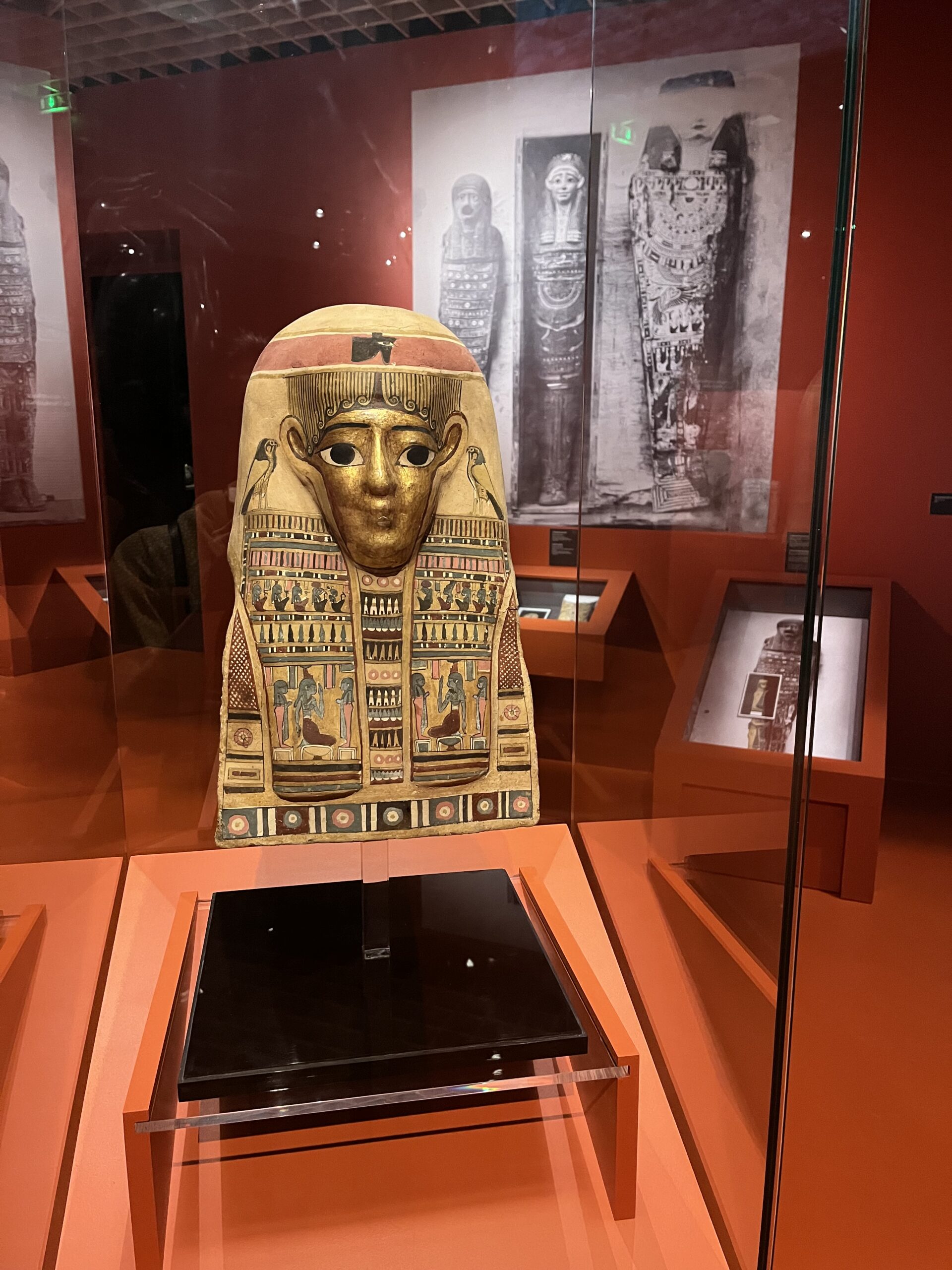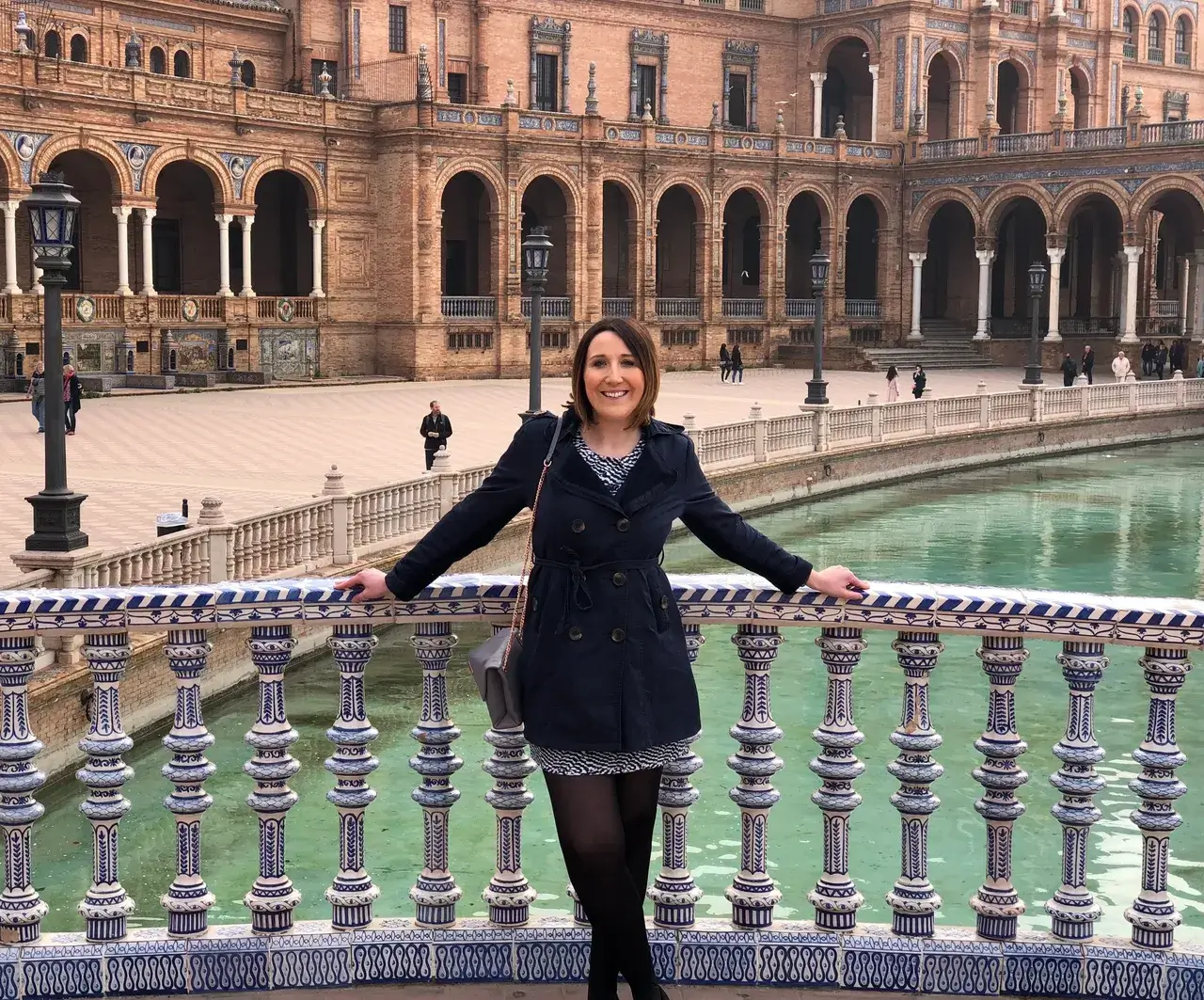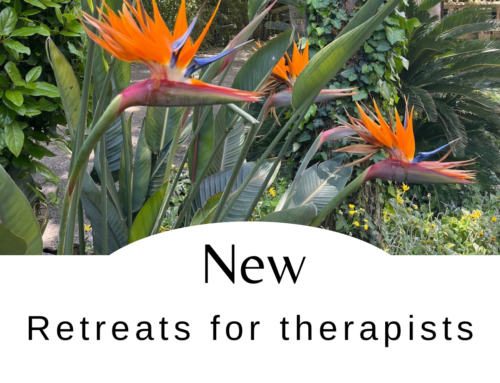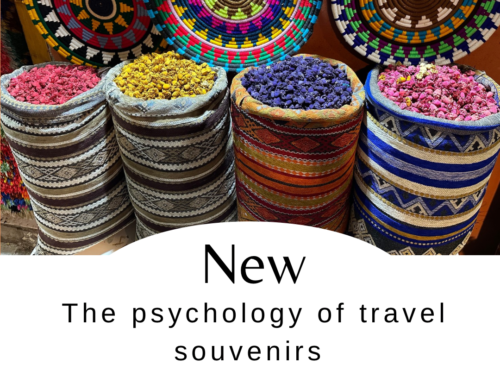By Dr Charlotte Russell, Clinical Psychologist & Founder
Exploring on foot, visiting interesting sites, absorbing the energy of a bustling city and tasting delicious food in amazing restaurants. City breaks tick all of the boxes for me and I’m not the only one. According to Statista, city breaks are the most popular types of holidays taken by British tourists. But what attracts us to spending a few days in a bustling metropolis? Whether we travel in the UK or hop on a short flight to Europe, lets take a look what a few days in the city can do for our well-being.
What is a city break?
City breaks are when you spend a few days and nights in another city, to explore and do something different. City breaks have grown in popularity in recent years due to the rise of the budget airline, which can make a few nights away in a new city and country affordable, particularly in Europe.
The best city breaks involve getting a taste of the history, culture and food in a city. As city breaks are usually short, they are usually very busy and exciting.
Statista looked at the popularity of city breaks in Europe based on inbound tourist arrivals. In 2023, the most popular destinations were London, Paris and Istanbul.
What are the psychological benefits of city breaks?
Novelty and variety
City life is fast moving and ever changing and brings new and diverse experiences. New restaurant concepts, new flavours, new ideas, and an openness to change and progress. These new experiences can provide pleasurable experiences and can be a welcome break from our usual routines.
Visiting a city in another country can be a great way to experience a different culture, including new traditions, cuisine and experiences. In my recent poll of our Instagram community, 96% of respondents preferred city breaks abroad to breaks in their home country. In fact, our respondents indicated that experiencing a new culture and traditions was the aspect of city breaks they enjoyed most. Trying out new and hip restaurants and experiences was rated as the second most enjoyable aspect, followed by being in the physical space of the city, including the architecture.
Cities offer a huge variety of options that can help us to find experiences that match our preferences. In our Instagram survey our community indicated that city breaks can allow them to try out everything from vegan food, to rooftop bars, to concerts and theatre shows, nightlife and shops selling local handmade items. Having variety in our experiences can be great for our well-being (Sheldon & Lyubomirsky, 2012). This is especially true if we can truly appreciate the experiences we have and not just think about them as a ‘tick list’ to go through. If we stay present for our experiences it can help us to appreciate them.
Fuelling our curiosity
I often talk about curiosity as being a psychological superstar. Being curious and seeking out interesting information can help us to maintain our zest for life. City breaks often include trips to museums or other cultural activities where we are learning something new. We learn about new cultures and this can invigorate us and help us to understand the world better. This is one of the reasons why I personally love city breaks! For more on this check out my previous article What is curiosity and why is it important?
Being in busy and vibrant places
As humans we are a social species and so busy environments can help us to feel energised. We can get a ‘buzz’ from being around others and the energy that people bring. I’m sure that anyone who has been to a concert can identify with this!
Of course we are much more likely to feel energised if we have chosen to take part in the busy situation. In contrast not many of us like busy situations when we are trying to get somewhere quickly or get something done! City breaks allow us to experience the ‘buzz’ of a city in bite sized chunks, without having to live our lives in the thick of it.
Can city breaks be restorative?
City breaks can be busy as you try to see all of the sights and enjoy what the city has to offer. Does this mean that you will return home feeling exhausted or can this energise you?
We can look at the academic research to answer this question: A study in Australia found that short breaks (3-4 days) can be more restorative for us than longer vacations (Packer, 2021). Feeling able to detach from work is particularly helpful in allowing us to recharge from the mental fatigue of working and our day to day lives. The researcher, Dr Jan Packer suggests that short breaks can help us to address this mental exhaustion by providing the right conditions for our minds to restore. These conditions include being physically away from our everyday location and having activities that fascinate us or occupy our minds.
Activities that provide “soft fascination” are thought to be particularly beneficial. Dr Packer defined this as “activities that hold your attention effortlessly while allowing some headspace for engagement in reflection”. This might include visiting an art gallery or museum, or spending some time in a local park. Thinking of my own experiences, La Plaza de España in Seville totally ticks this box for me. I like to spend time just absorbing the atmosphere, and looking at the beautiful detail. But it is not ‘in your face’. These kinds of experiences can help us to restore.
My advice would be to plan your itinerary so that you are busy but not too busy. If you are running from place to place and trying to see everything, this is not going to restore you. You are more likely to feel wound up and frustrated! Think about the sights and experiences that you most want to see and focus on those. Remember to have some down time. Also think about your work schedule before and after your trip, and if possible try to have a buffer zone so you are not too busy immediately before and after.
Convenience
The epic rise of budget airlines in the last 20 years has meant that city breaks are easily accessible and can be cheap. Taking a long weekend away can also be practically more manageable with work demands and limited annual leave. A city break means we can experience the benefits of a trip without the stresses that come with taking a long time away.

But what about the downsides?
So, jetting off somewhere new and vibrant can be great for our well-being. But how to we balance this with the effect that lots of short breaks might have on the planet? This article from loveEXPLORING provides 10 ways to reduce the carbon footprint of your holiday.
Their suggestions include adapting the length of the trip to reflect the length of the flight. If you’re travelling long haul, combining a few days in a city with a few days at the beach can give you the best of both worlds.
Try to keep your luggage to a minimum as this is better for the environment and will save you precious time on arrival! See this excellent guide from a fellow blogger about how to pack light.
Last but not least, consider taking a trip closer to home. Local towns and cities may not give the opportunities to experience a new culture as travelling abroad. But, it is possible to find interesting and quirky options closer to home. As well as looking out for options that you know you will like, why not try something different? You never know, you might find yourself unexpectedly invigorated!
Which city breaks would you recommend?
I’m a huge fan of city breaks and I have a few particular favourites. I’ve written blog posts about each of them:
Seville, Spain is best for exploring in the day and eating tapas and watching Flamenco in the evening.
Rome, Italy is known as the eternal city for good reason. This is of course a hugely popular destination with so much history to explore. It doesn’t get better than Rome!
Bordeaux, France is best if you love great food and wine as well as exploring.
Chania Town, Greece is best for watching the sunset and enjoying a laidback feel.
References
Gurung (2021) The power of people: why being in a crowd feels good Power of People: Why Being in a Crowd Feels Good | Psychology Today
Packer, J. (2021). Taking a break: exploring the restorative benefits of short breaks and vacations. Annals of Tourism Research Empirical Insights, 2(1), 100006.
Sheldon, K. M., & Lyubomirsky, S. (2012). The challenge of staying happier: Testing the hedonic adaptation prevention model. Personality and Social Psychology Bulletin, 38(5), 670-680.
If you liked this article check my guide to The best European city breaks





